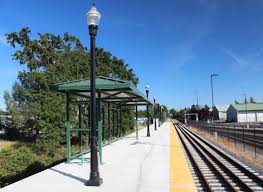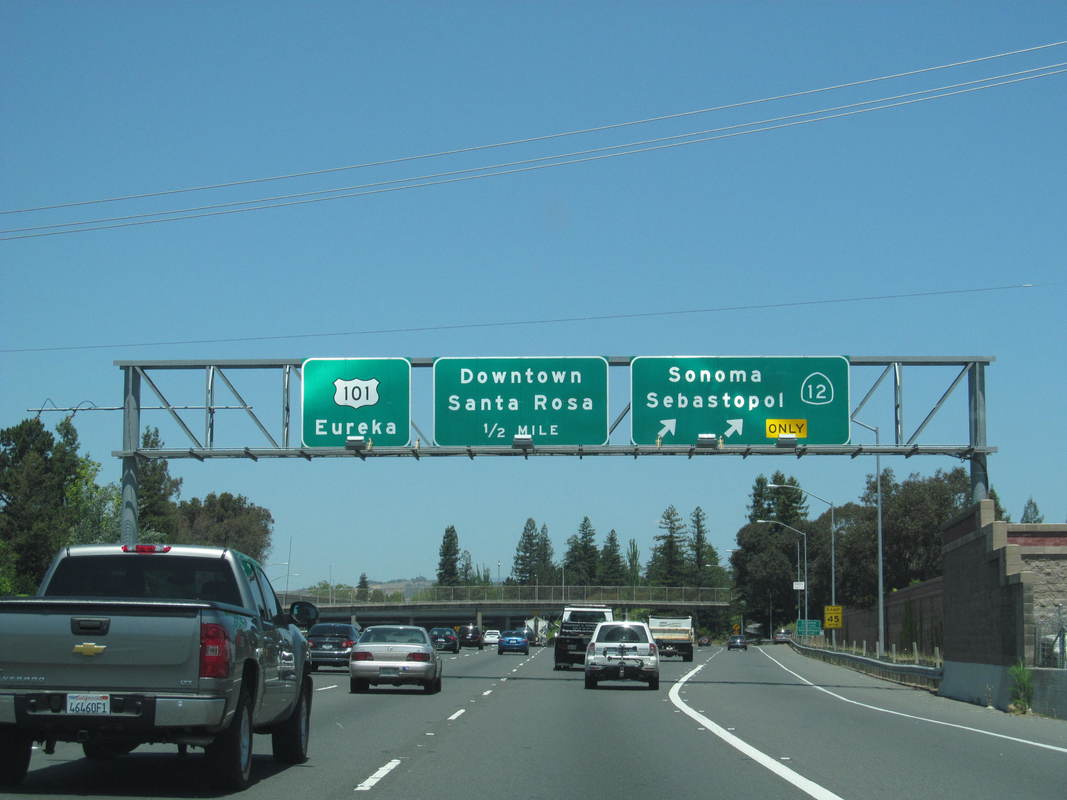|
As you would expect, suffering a DUI conviction results in a myriad of punishments. Despite having to pay fines and fees in the neighborhood of $2,000-2,500 and do some mandatory jail time, for those of us here in CA who are dependent on our cars to get around, carry out our daily tasks, get to work, go to medical or dental appointments, and visit family, perhaps the harshest penalty is the mandatory suspension of our driver’s license. For a driver who suffers a standard first DUI, the DMV will suspend his or her driver’s license for 4 months. A standard second offense within 10 years will cause that same driver to lose his or her license for two years, and that driver will be without a license for 3 years for a third offense. These penalties get harsher if the driver refused to take a breath or blood test after the arrest or was under 21 at the time of arrest.
However, California allows a person who has been convicted of a DUI to applyfor a restricted license, allowing them to drive (1) to and from their worksite, and driving they need to do for work, (2) a dependent child to school, (3) to necessary medical appointments, and (4) to any alcohol-education or self-help classes. A driver (in most DUIs) is allowed to apply for a restricted license after 30 days if convicted of a first offense DUI, 90 days if convicted of a second offense DUI, or 180 days if convicted of a third offense DUI. As part of the application the driver must also submit proof of enrollment in an appropriate Driving and Driving Education Program (DDP)[1], and submit proof of current financial responsibility (an SR-22 form.[2]) …And, of course, the DMV will charge a license re-issuance fee of $125. Once both the DMV-ordered and court-order suspension period has elapsed, a driver is eligible to apply for their full driving privilege back. To have a full license reinstated, the driver will need to show proof ofcompletion of the DDP class and, once again, pay a $125 reissuance fee. As the application for both of these licenses requires a driver to personally appear at a DMV office, and DMV waiting times have become exceedingly long, it is strongly suggested that drivers schedule their appointments as early on in the process as possible. Obtaining a restricted license if a complicated legal process. Obtaining an experienced attorney to guide you and ensure all your documentation is in order will ensure your driving privileges are reinstated as quickly as possible after a DUI conviction. _____ [1] The length of the DDP program is dependent on the facts of the case. One common factor that determines the length of the program is the level of your Blood Alcohol Content (BAC). In California, these programs typically run for 3, 6, or 9 months. A second or third offense will require a driver to complete an 18-month class. [2] You can obtain an SR-22 from your current insurance carrier (if they do not cancel on you) or from a different insurance company (if you were dropped). Obtaining an SR-22 can be costly as the DUI conviction is strong evidence to the insurance carrier that you are a high-risk driver. Generally, you must maintain an SR-22 on file with the DMV for about 3 years, however, it can vary case by case. Comments are closed.
|
AuthorDevina strives to make information relevant to the lives of her clients easily accessible. Archives
July 2024
Categories
All
|
Proudly serving Sonoma, Marin, Napa, Mendocino and Lake Counties (and occasionally venturing as far as Yolo, Santa Clara and San Mateo Counties).
Proudly powered by Weebly
This website is for informational purposes only and does not provide legal advice. Do not act or refrain from acting based on anything you read on this site. Using this site or communicating with the Law Office of Devina Douglas through this site does not form an attorney/client relationship. This site is legal advertising. Please review the full disclaimer for more information. (LINK TO FULL DISCLAIMER PAGE)

 RSS Feed
RSS Feed




